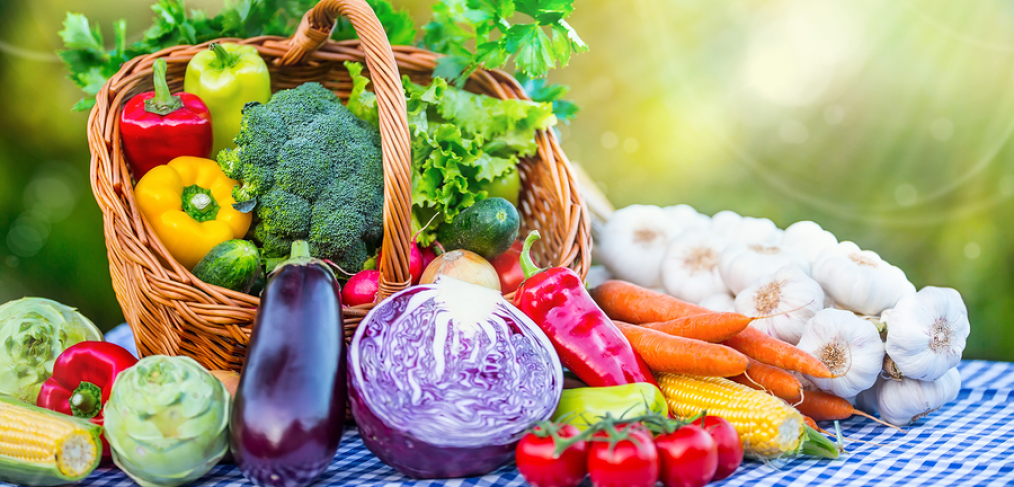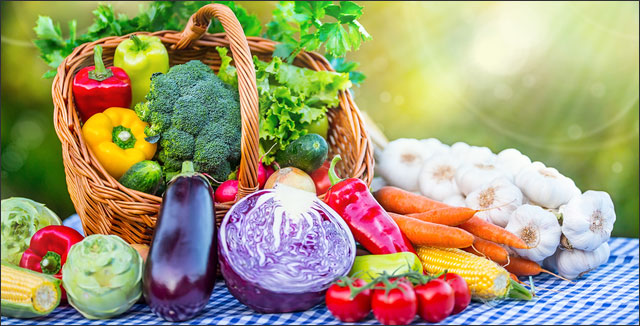
The Important Role Food Safety Plays in Locally Sourced Food

Remember when Chipotle had that rash of food-borne-illness outbreaks a few years ago? A few hundred people were exposed to E. coli, salmonella, and norovirus that were traced to Chipotle restaurants in several stores all over the United States.
Since then, the brand that was known for its dedication to sourcing its food locally. It also is using the most natural products available has become more well-known for losing the trust of its clientele.
When Chipotle came out, it was wildly popular. Every health-conscious friend I knew was crazy about its convenience and affordability. The next generation’s desires for fast, affordable, and healthy food seemed to have come true.
It turns out, locally sourced safe food is hard to get.
Chipotle has been making some promises about the changes it’s going to make. These do include paid sick days for its employees, no doubt after the outbreaks of norovirus.
Additionally, they include mandatory food safety training after Chipotle discovered employees being pressured to falsify food safety procedures.
However, you may find that many of its promises have more to do with things Chipotle can better control. The promises include improved interior design and mobile ordering options.
Locally Sourced Food
As for locally sourced food, it’s difficult and much more complex than you might think. Local food sourcing conjures images of walking through a bright, clean open-air food market.
It is a lot like your local farmer’s market and choosing from the best your region’s organic farmers have to offer.
The problem with this picture is not just that it doesn’t exist. In some states, it may not exist. The problem is also that small producers don’t have the decades of experience or the built-in infrastructure to address food safety concerns.
When you are talking about meat, food safety is a big deal. You are talking about producing, processing (which means butchering and cleaning large numbers of animals in a sanitary fashion), and transporting the food people consume.
Without reliable food safety, people get sick. Multiply that problem by as many different small farming operations, and it gets more and more complicated.
What Advantage Does The Big Food Industry Have?
According to an article in Harvard Business Review, while Chipotle may be trying to source its products from many small suppliers around the country, a business like McDonald’s uses chicken that comes from one of 5 or 6 major suppliers.
Even though it gets shipped from across the country or around the world, it regularly meets the food safety standards set up by the industry.
The reason for this is that these big companies have the funds to put inspectors on sight, to internally regulate the safety of their foods.
The same can be said of food offered for sale in grocery store chains as opposed to what you can find at farmer’s markets. According to an article in the Penn State News, buyers are urged to use food safety precautions.
If you have ever served behind the counter as a food service manager, these guidelines will be familiar to you. However, not so for the average home cook, or even for small-scale food producers.
Those who aren’t careful can be exposed to some severe food-borne illnesses like this couple– which put them in intensive care for five months!
There are some promising changes to the industry to help small, local food producers. Private companies and government acts could end up helping their cause a great deal.
To be clear, the concerns consumers have about the health and treatment of the animals found in most industrial food supply chains is still an issue. This is why so many of my health-conscious friends were excited about Chipotle.
We all want to eat good food, at a reasonable price, without sacrificing the environment or abusing animals.
So, what’s the solution?
We can’t expose millions of people to food-borne illnesses.
Small-scale operations don’t have the decades of experience having USDA inspections done. Chipotle has gone to some lengths to help their small suppliers to develop reliable inspection systems. The problem comes with the price.
When we, as consumers, go to a farm-to-table restaurant we expect to pay more. We expect both the experience and the secure knowledge that our food is coming from the healthiest and most local possible source.
However, with an experience like Chipotle, consumers want the McDonald’s of the health-food world.
Small suppliers can use outside food testing operations, like Merieux NutriSciences, to keep standards regulated and, ultimately, customers healthy.
New Government Standards
In 2011, President Obama signed the Food Safety Modernization Act, which instituted food testing at its source rather than in its end-product form.
Because so many foods are put together and being sold as one product made from a variety of foods from all over the world, it had become increasingly difficult to track any food-borne illness.
When you have an outbreak of illness, this new act allows food to be tracked from its point of origin through its whole food chain. For big retail food chains, a complete shutdown is unthinkable concerning revenue.
Being able to track an illness back to the single supplier keeps all the other small suppliers from being shut down during a lengthy inquiry.
Consumer Responsibility
Consumers also bear a responsibility for this issue. Maybe we can’t change the regulatory concerns of food safety, however, we can put our dollars to good use.
We can remember that when we spend our money on industrial food, we are contributing to the problems facing our environment. In addition, we can keep in mind that the extra money we spend buying from locally sourced producers strengthens our local communities in ways that impact future generations.
Takeaway
Food safety is one of the most significant hurdles to jump when it comes to large-scale food chains sourcing food from local producers. Small-scale farms don’t have the same access to technology and infrastructure as their large counterparts.
However, this doesn’t mean they aren’t worth supporting. Companies, government agencies, and consumers concerned about sustainable practices can keep small suppliers in business, which in turn is healthier for our world.



